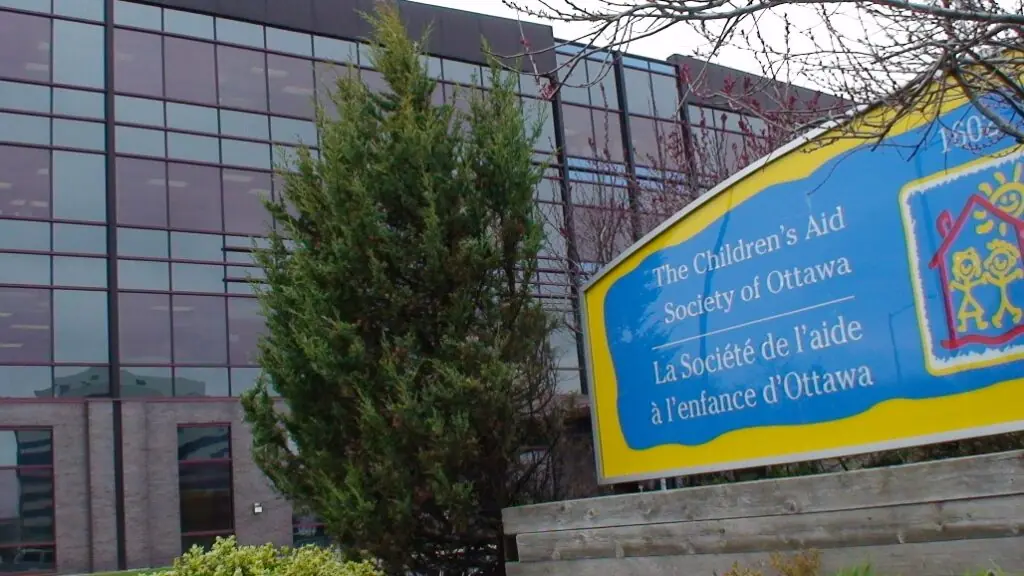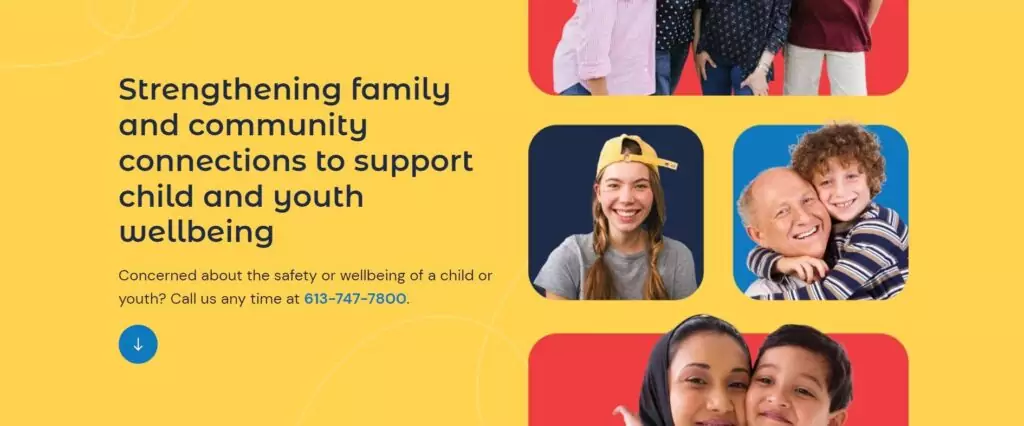The Children’s Aid Society of Ottawa (CASO) is urging the province to initiate major reform of the child welfare sector as a growing number of children and youth with complex needs are unable to remain safely at home or access appropriate treatment options in their communities.
Inadequate resources and a lack of timely support, coupled with a shortage of safe and appropriate housing options, and insufficient collaboration between sectors has left these children and youth falling through the cracks. Some parents, overwhelmed and unable to care for their children at home due to a lack of community treatment supports, are voluntarily surrendering their children to CASO for placement, in the hope that they will receive the necessary care.
These vulnerable individuals are at risk of being placed in environments that do not meet their needs, such as out-of-region group homes, or other placements that may compromise their safety and well-being.
“The sector is at a tipping point, and we’re in a situation where we can no longer provide the necessary care for our most vulnerable youth,” said Kelly Raymond, Executive Director, CASO. “Inadequate resources and delays in access to services have left the health sector struggling to deliver care to kids with complex needs. The unintended consequence is that families with high-risk kids turn to us for support. But we’re not a treatment facility; we’re a corporate parent with the same limited access to treatment options as any other parent.”
These situations typically involve youth in need of intensive, round-the-clock care. They are often discharged from hospitals and justice facilities, grapple with significant mental health and substance use challenges, or are diagnosed with a variety of complex needs, including autism, and significant psychiatric issues.
CASO is calling for various government ministries—education, justice, health, addictions & mental health, and child welfare—to work collaboratively to address this growing crisis.
“We need to reimagine how our society provides care to our most vulnerable children and youth. Wrap-around and coordinated support must be prioritized to help avoid crisis situations that families with high-needs kids too often find themselves in. No sector alone can solve this issue, but together, we have a better chance of providing the comprehensive care that these children and families desperately need,” said Raymond.
Compounding the issue is the fact that CASO, like many other agencies in the province, is grappling with a persistent deficit. Boarding costs for high-risk youth requiring intensive care account for nearly 50 percent of CASO’s deficit and these high-risk youth often do not receive the critical residential care they require.
This financial strain severely impacts its ability to provide essential services due to understaffing and diminished resources, and undermines its capacity to implement preventative and early intervention approaches that help children and youth remain safely at home, in their communities.
“The wellbeing of our unionized staff is a key component in the quality of care we can provide,” said Michele Thorn, child protection worker, CASO and Local 454 President, Ontario Public Service Employees. “Addressing these issues is crucial for both our workers and the children who depend on them.”
CASO urges policymakers and community leaders to prioritize sustainable funding and to enforce interministerial collaboration, so that families are never left contemplating surrendering their kids to children’s aid societies out of desperation or burnout.
Media contacts
Media Relations
The Children’s Aid Society of Ottawa (CASO)
613-216-4921
Michele Thorn
Child Protection Worker, Children’s Aid Society of Ottawa
Local 454 President, Ontario Public Service Employees Union
613-220-7979



